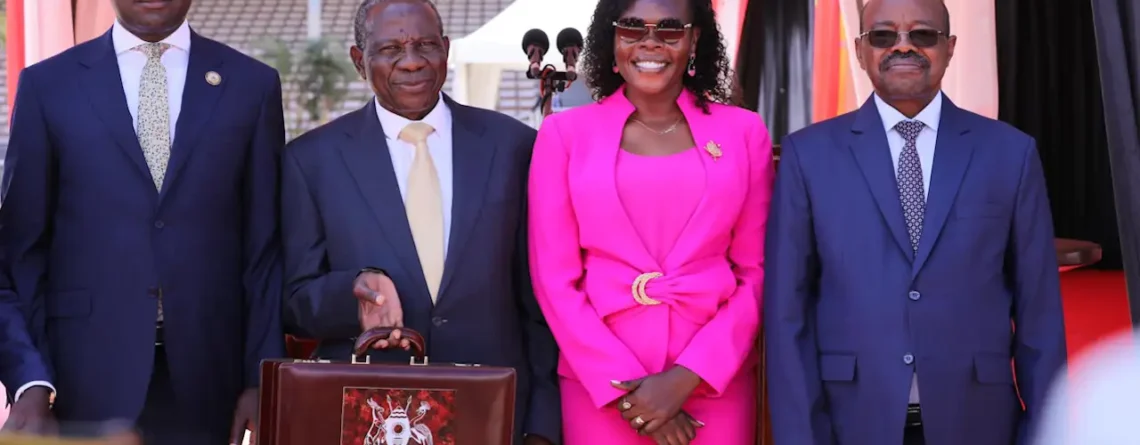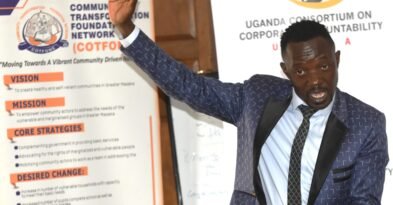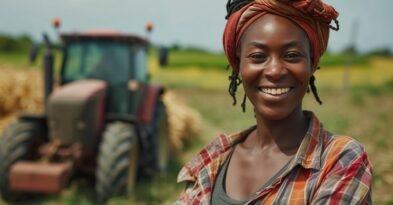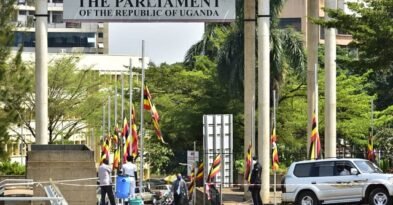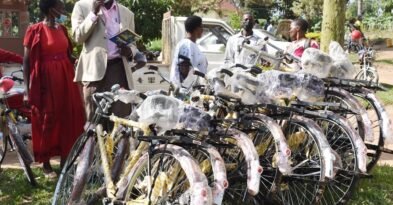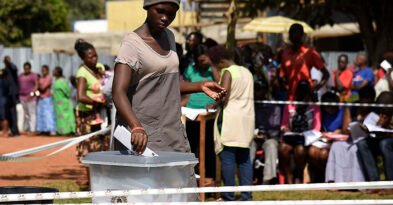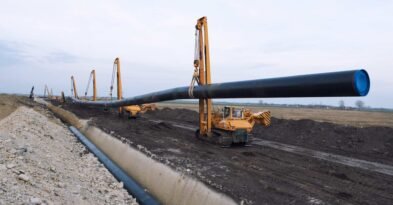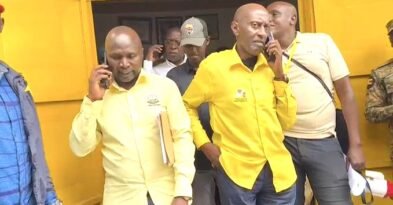When Uganda’s Finance Minister, Hon. Matia Kasaija, read the 2025/26 budget speech, many ears in rural Uganda, like Masaka region, listened with cautious hope. The speech was long and full of impressive numbers. But the real question is: Will this budget trickle down to the soil where real Ugandans till, struggle, and survive?
What’s Promised for the Rural Poor?
-
Parish Development Model (PDM) – The government will inject another UGX 1.059 trillion to ensure each parish—including those in Masaka—receives UGX 100 million for supporting subsistence households with UGX 1 million per person, plus additional funds for persons with disabilities.
-
Health & Education Investments – UGX 5.87 trillion will go to health, building new maternity wards, supplying drugs, oxygen plants, and community health workers. On the education side, UGX 5.04 trillion supports free schooling under UPE and USE, and construction of 116 seed schools.
-
Water and Sanitation – An additional UGX 366.1 billion is set aside to construct solar-powered water systems and improve WASH infrastructure, including projects in Rakai, Kyotera, and nearby areas.
-
Agro-industrialisation & Credit – UGX 1.86 trillion is dedicated to helping rural farmers add value through better seeds, irrigation, and agro-processing. The Agricultural Credit Facility and UDB loans are meant to support these efforts.
-
Skills and Jobs – Programmes like Emyooga (UGX 100B) and Youth Livelihood Fund are geared toward small entrepreneurs in tailoring, welding, crafts, and farming, many of whom are based in semi-urban Masaka.
-
Roads & Energy- Significant funding (over UGX 6.9 trillion) is allocated for roads, bridges, rural electrification, and even railway lines-improving transport and trade.
As COTFONE, we commend the structure of this budget. It’s people-focused and directly targets rural transformation. If fully implemented, it can be a turning point for areas like Masaka.
But the real issue is not policy- it’s practice. Rural people have heard promises before. Funds often get stuck in bureaucracy or lost in corruption. Without local oversight and transparency, much of this money may never reach the farmer’s hands or the health centre’s drug store.
This is a wake-up call to community leaders, parish chiefs, youth groups, women cooperatives and SACCOs. “Just organise, demand clarity, follow the money and ensure that this budget works for all,” said an analyst.
Because if rural Ugandans don’t rise to hold government accountable, we’ll meet again next year, with new figures, fresh pledges, and the same old disappointments.
# # #
;

